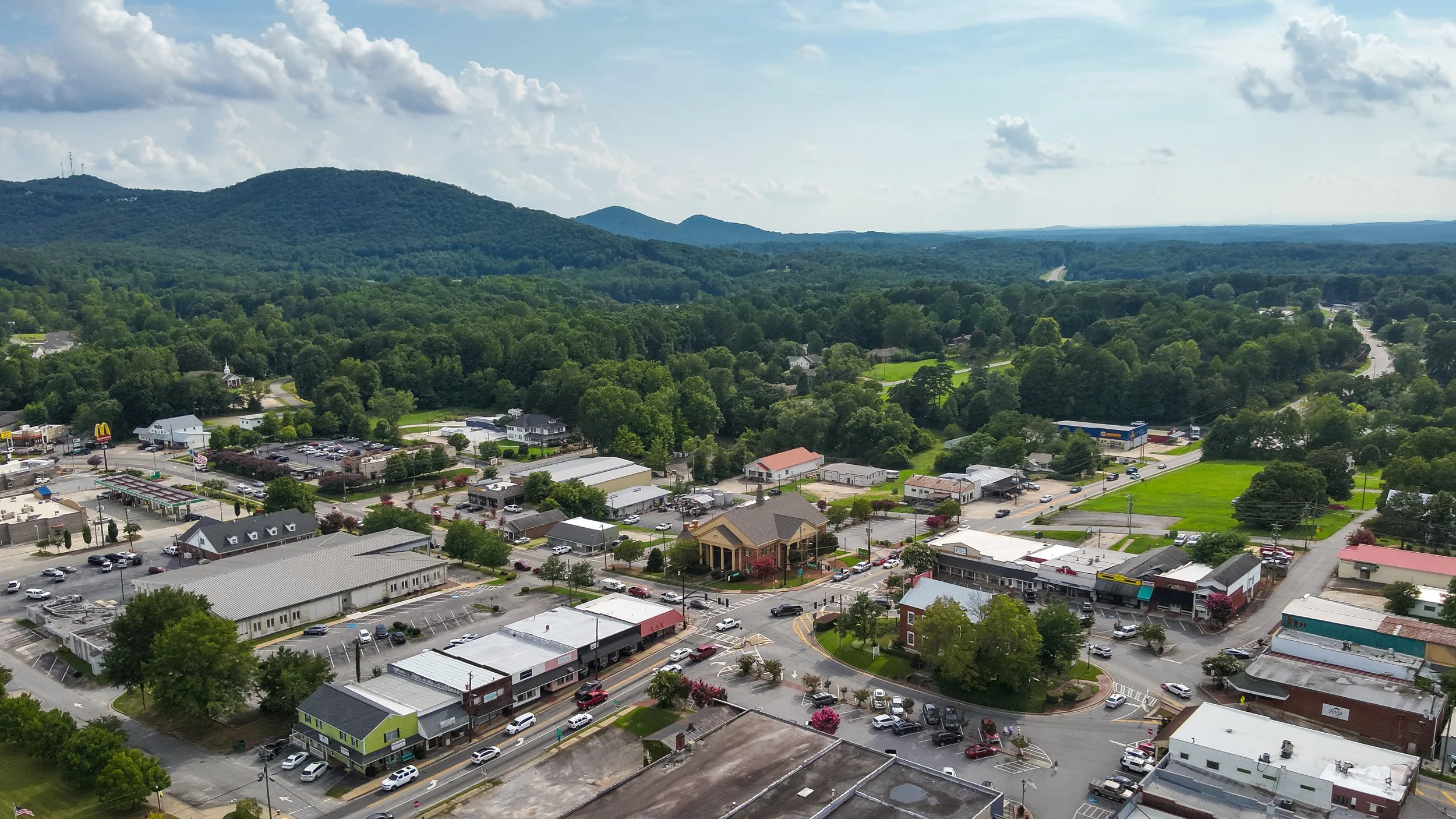
Public Q&A
Submit a question and we will post our replies below.
Public Q&A: Ask About FLOST
Have a question about the Floating Local Option Sales Tax (FLOST)—how the 1% sales tax works, millage rollbacks, homestead exemptions, or HB 581? Use the form to send us your question. We review each submission and add clear, plain-English answers to this public Q&A page. If your topic has already been asked, we may combine questions to keep the page easy to navigate.
To help us answer accurately, please include your location (Unincorporated White County, Cleveland, or Helen) and, if applicable, the type of property you’re asking about. We won’t publish your contact details; they’re used only if we need clarification.
This page is for public education only and does not advocate how to vote. For election-specific items (polling places, registration, ballot questions), please contact the White County Elections Office. For parcel-specific billing or assessment matters, reach out to the appropriate tax office. Any information collected and maintained by White County is subject to the open records law. And remember: do not use this form to report emergencies—call 911.
If FLOST passes, can it be renewed after the five years are over?
All property owners in White County—including those inside city limits—receive the same county (unincorporated) rollback because city property owners also pay county property taxes.
If distributions were based solely on property digest values, the rollback amounts would be identical for both city and county taxpayers. However, under the approved Intergovernmental Agreement (IGA) between the White County Board of Commissioners and the City Councils of Cleveland and Helen, FLOST proceeds are distributed as follows: 75% to White County, 15% to the City of Cleveland, and 10% to the City of Helen. This agreement affects how the rollback is applied within each jurisdiction.
If FLOST passes, can it be renewed after the five years are over?
Yes. FLOST can be considered again after the five-year period, but it would first require a act by the Georgia General Assembly before it could be placed back on the ballot for voters to decide on its continuation.
If I own property inside the City of Cleveland, do I receive both the full City millage reduction (5.4 to 0) and the roughly 50% White County millage reduction (8.8 to 4.4)?
Yes. Property owners within the City of Cleveland would receive both reductions — the City’s full rollback and the County’s millage reduction.
Will the sales tax on food increase?
It depends on the type of food. Prepared food, such as restaurant meals, items heated by the seller, or food combined with other ingredients on-site, will remain subject to both state and local sales taxes. The applicable rate for prepared food will increase from 7% to 8%. Non-prepared food, such as groceries, candy, soft drinks, and bottled water, remains exempt from the state sales tax but is still subject to local sales taxes. The applicable rate for non-prepared food will increase from 3% to 4%.
What makes up the local sales tax rate?
Local sales taxes in White County consist of a 1% SPLOST, which funds capital projects for the County and its cities. There is also a 1% LOST, which funds operational expenses. Another 1% is the Education SPLOST, which funds capital projects for the school system. If approved by voters, the proposed 1% FLOST would be used exclusively for property tax relief and distributed between the County and Cities.
Where does the other 40% of sales tax come from?
While about 60% of sales tax in White County is generated by visitors and non-residents, the remaining 40% comes from our local residents. That means every time residents shop within White County and pay the 1% sales tax, they are contributing to that portion.
What are the businesses/goods that would not be taxed through this tax increase? What sales would be exempt (i.e. vehicles, alcohol, fuel, groceries, etc.)?
FLOST applies to transactions covered by state sales tax plus motor fuel, food and beverages, and online transactions. Like SPLOST, this includes everyone who makes a purchase in White County, including a large portion of visitors who shop here daily.
Does FLOST fund new projects or services?
No. FLOST revenue is restricted to property-tax relief through millage rollbacks. It isn’t general-purpose funding.
Can a city’s millage go below zero because of FLOST?
No. Cities can’t have a negative millage. If a city’s rollback would drop below zero, the excess is returned to the County to further reduce the County millage.
How is FLOST different from SPLOST?
SPLOST typically funds voter-approved capital projects. FLOST is different—it’s dedicated to property-tax relief via millage rollbacks.
Does FLOST change my homestead exemption?
No. Homestead exemptions continue under local policy and state law. FLOST reduces the millage rate itself; it doesn’t change your exemption type.
I rent—does FLOST help me?
FLOST reduces property-tax millage applied to properties in general, including rental and commercial properties. Whether that affects your rent depends on individual landlord and market decisions.
